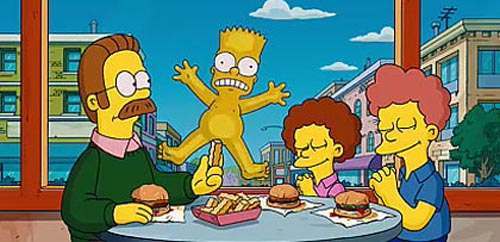Is Vang Vieng flourishing or
sinking under the weight of tourist dollars?
One thing I’ve noticed in the
Laos country side is the state of the villages. The people don’t look poor.
They look happy. Content. Firstly, a big disclaimer, I spent exactly zero
seconds talking to these people, I saw them through a bus window and I saw them
with western eyes. Plus, I was hungover, feeling sorry for myself and the idea
of a simpler life was suddenly pretty appealing.
In a nutshell, here’s my
thinking. Judging by the rest of the country (and my wildly unresearched
impressions), the people in Vang Vieng would’ve been pretty damn happy before
all this tourist money started coming in. Sure they might not have had big TVs
or Smartphones (although they did have rusty satellite dishes), but they had
family and culture.
Now they have a little more of
the commercialised crap we all crave, but they have to deal with westerners in
bikinis (they’re not big fans of exposed skin above the waist) taking over
their town. They might have a successful restaurant and be able to comfortably
provide for their families, but that restaurant sells everything from marijuana
to opium and blasts Family Guy 24/7. Once again far be it from me to judge
whether this is a good deal or whether they’re even bothered by these
tradeoffs. I’m just raising a thought.
The final big concern in a town
this successful, this attractive to tourists who want to blow money on all
sorts of indulgences, is it can’t be too long before outsiders move in. People
are already flocking from other parts of Laos, how long before it’s people from
Thailand, India, even Australia running the show? And how long after that
before it’s ruined? Before this sleepy little river town becomes just another
Phuket? Now this is decades away from any sort of reality, but the fact it’s
even a possibility should be a huge concern.
In the end, the question which
I’m not at all equipped to answer is this, is the extra money really worth the
cultural erosion which comes with such an influx of tourists? The streets of
this sleepy town are crowded with near naked westerners, often drunk or more
out of their mind and The beautiful river at the heart of the city is
undoubtedly less healthy than it was
On the other hand, these flocks
of people would seem to indicate maybe life isn’t so great in the bush. The
more I write about this the more I realise I’m completely unequipped to write
about it. I know so little about these people and their beautiful country.
Sorry for an unsatisfying ending but that’s it. Questions and more questions. I
hope it at least made you think about tourist destinations (or anything else) a
little bit more.




























